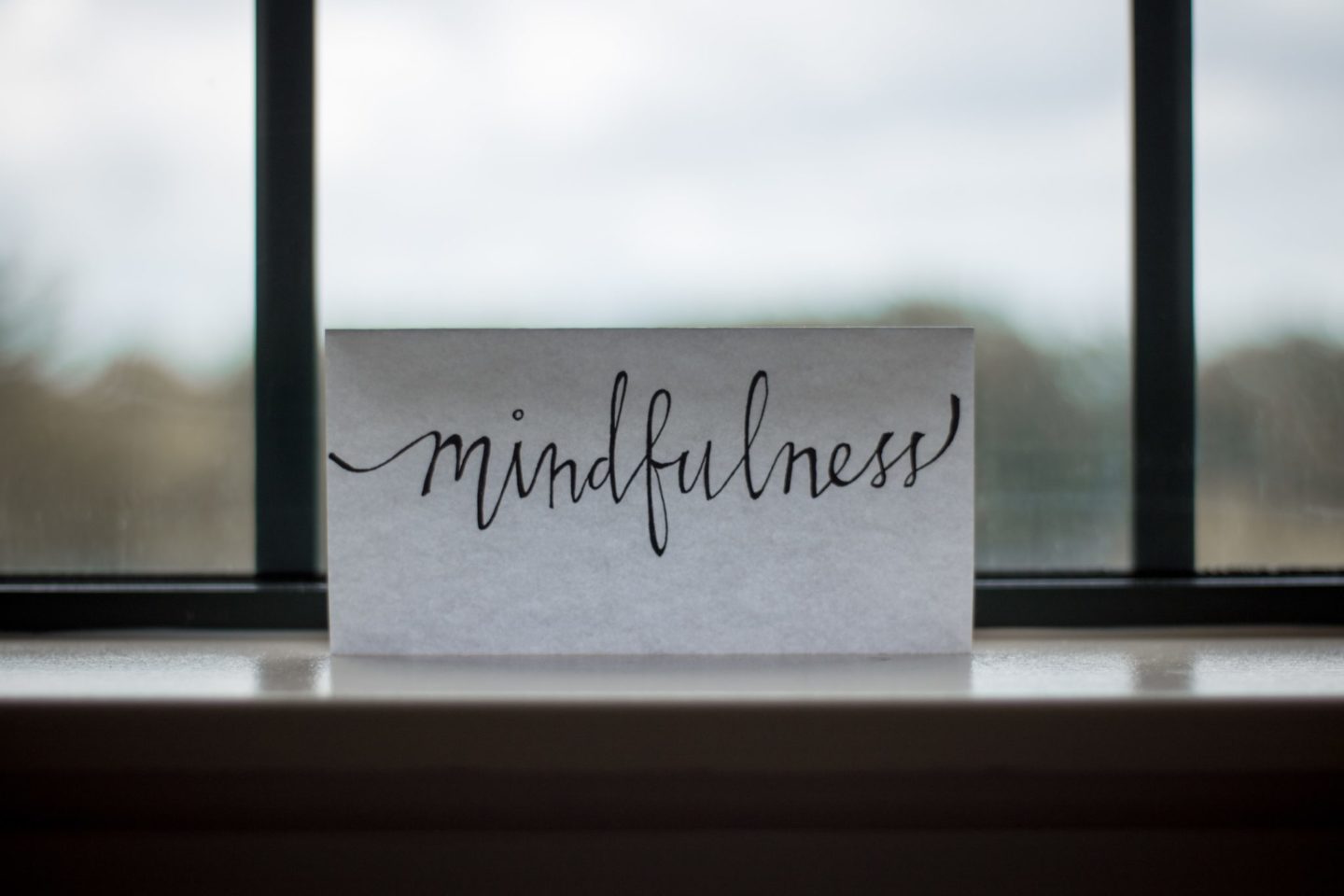As summer is ending, stress and anxiety often start to sneak back in. Getting back into the school year can be stressful for both parents and kids, and finding the new school routine is hard on everyone. After-school activities start up again. Homework starts to come home. To-do lists seem to multiply around this time. Everything can feel like just too much.
Mindfulness? I don’t have time for that!
“Mindfulness” is a word we see frequently these days. Many people associate mindfulness with long periods of meditation or assume they must be calm and peaceful at all times. If this were the case, it would be impossible for anyone to practice mindfulness and continue to live their everyday lives! Mindfulness – and mindful parenting – can be an excellent practice to bring some calm in the midst of the busyness.
What is mindfulness?
Simply, mindfulness is the practice of drawing attention to our experiences as they happen. We don’t try to change, label, or judge the experience as “good” or “bad” – we just notice what is happening within and around us. Our brains and our bodies tend to become caught up in the way things were in the past, or in what may happen in the future.
Most of us live our days on “autopilot” – we drive, work, eat, and parent with our bodies, but our minds are focused elsewhere. While this is certainly necessary at times, it also means we miss what is happening in our lives and the lives of our children. When we live on “autopilot,” we respond in programmed ways that may not be in line with what we actually wish to do or say. With mindfulness, we teach our brains and bodies to be present to what is happening so we can pause and choose how we wish to respond.
In every day practice, mindfulness is a way of slowing down our bodies and minds. It brings our attention to what is actually occurring, and gives us the power of pausing to choose how we wish to react.
Try it at home!
One way to practice mindfulness is to remember the acronym STOP. You can use it when you notice yourself feeling overwhelmed or stressed. It can be helpful when you realize you have been short-tempered with your partner or children. You can take a mindful moment when you:
-
- S – Stop. Stop what you are doing and pause.
- T – Take a breath. Shift your awareness from your thoughts to your breathing body. Maybe pick a specific point (e.g. your nose or your chest) and notice any sensations that arise as you breathe (the coolness of the air, your chest expanding)
- O – Observe. Observe the shift that occurs when you purposely focus your attention in this way. Then, shift your attention outward. What is actually happening around you?
- P – Proceed. With this new perspective, choose your next step.
Mindful Parenting
Research has shown that practicing mindfulness has numerous physical and mental health benefits. When parents practice mindful parenting, their practice has been shown to benefit both themselves and their children!
If you are interested in learning more about mindful parenting, contact Brighter Hope Wellness Center! We are starting two mindful parenting groups starting in September. Groups are a fantastic opportunity to decrease stress, learn more about mindfulness, and practice skills that can be implemented across the day.

